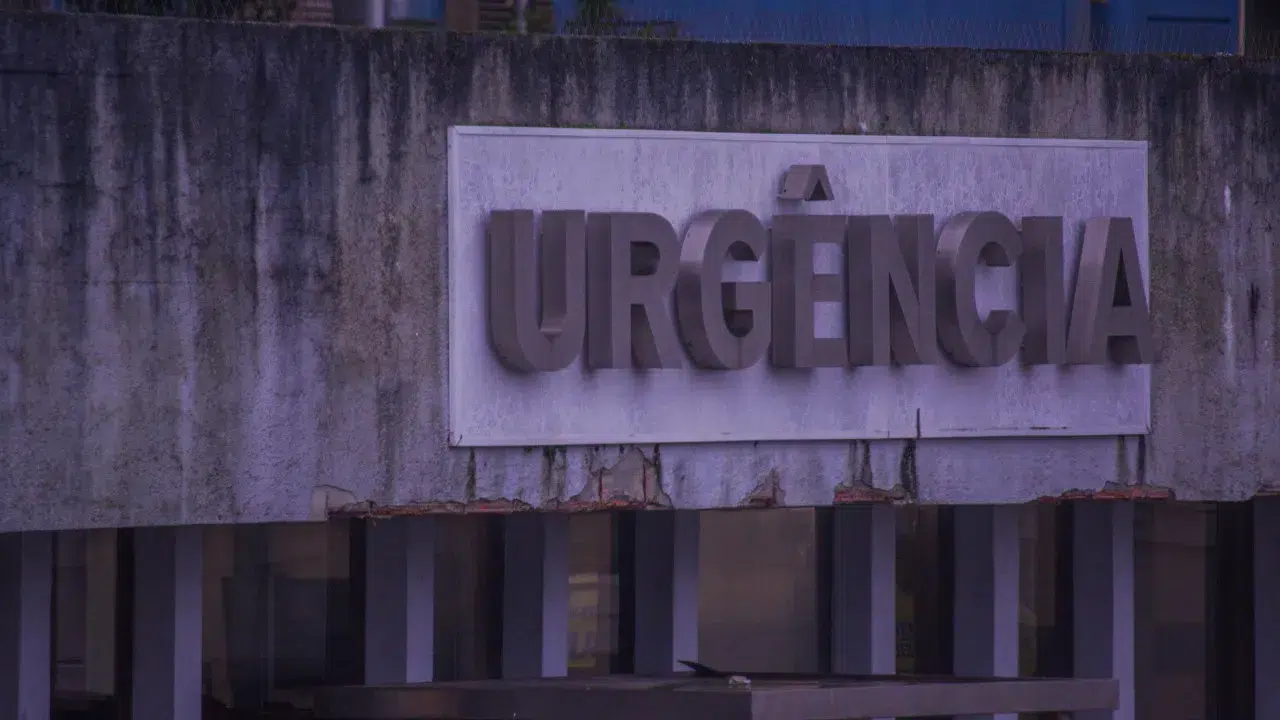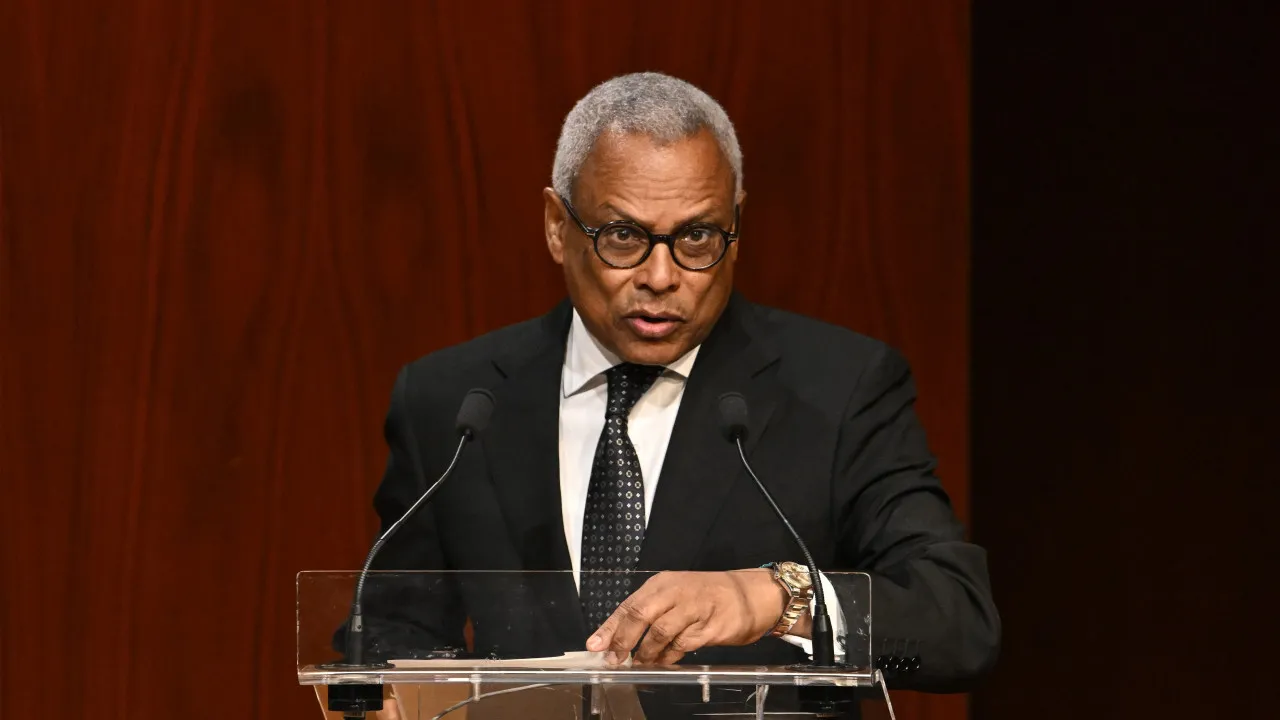A study by the University of Vigo concludes that Mirandese will disappear because only 2% of young people use the language.
Mirandese, recognized 24 years ago as Portugal’s second official language, could disappear within 20 years due to the neglect it has suffered from public and private institutions.
This, at least, is the conclusion of a study carried out by the University of Vigo in Spain, which points the finger at the failure of language teaching in schools.
The solution to reverse this trend, according to the same study, is the ratification of the European Charter for Minority Languages and the need for a new Mirandese law, updated according to the planned actions and measures.
According to Xosé Henrique Costa, professor at the University of Vigo, who coordinated the study “Present and Future of the Mirandese Language”, Mirandese is falling into disuse, especially among young people. He estimates the number of people who know the language at around 3,500, with around 1,500 using it regularly. “This is happening because of two things: first, there is a brutal decline in use. Among the older generation, the use of the language is around 70 or 80%, among the younger generation it’s around 2%. Right now there are 1 or 2% of speakers under the age of 18. The language has no guaranteed future,” he stressed.
The researcher believes that the study of the language in schools has been a “failure” and that in order to save it, there must be a commitment from everyone, especially the government. “One or two hours a week for a minority language is nothing, it has to be at least half the teenage years. If the language is to be saved, there has to be a real commitment, a commitment from the students, from the parents of the students, and especially from the political class, who are the ones who have to take action and pass the necessary budgets to carry out these campaigns, including fiscal measures,” he said.
That’s why he advocates the creation of a law for the language, since the message of 1999, which recognized Mirandese as the second official language of Portugal, “is not enough at all.
For Xosé Costa, “the message is very vague, it only states that the Mirandese linguistic community is recognized as having rights and that they can receive Mirandese education, but it doesn’t even say how many hours, how many subjects, it doesn’t specify anything,” he says.
The study was based on 350 interviews conducted among the population of the municipality of Miranda do Douro, Bragança district, by a team of students from the University of Vigo, called the Brigada da Língua. It was also supported by the Associação da Língua e Cultura Mirandesa.








